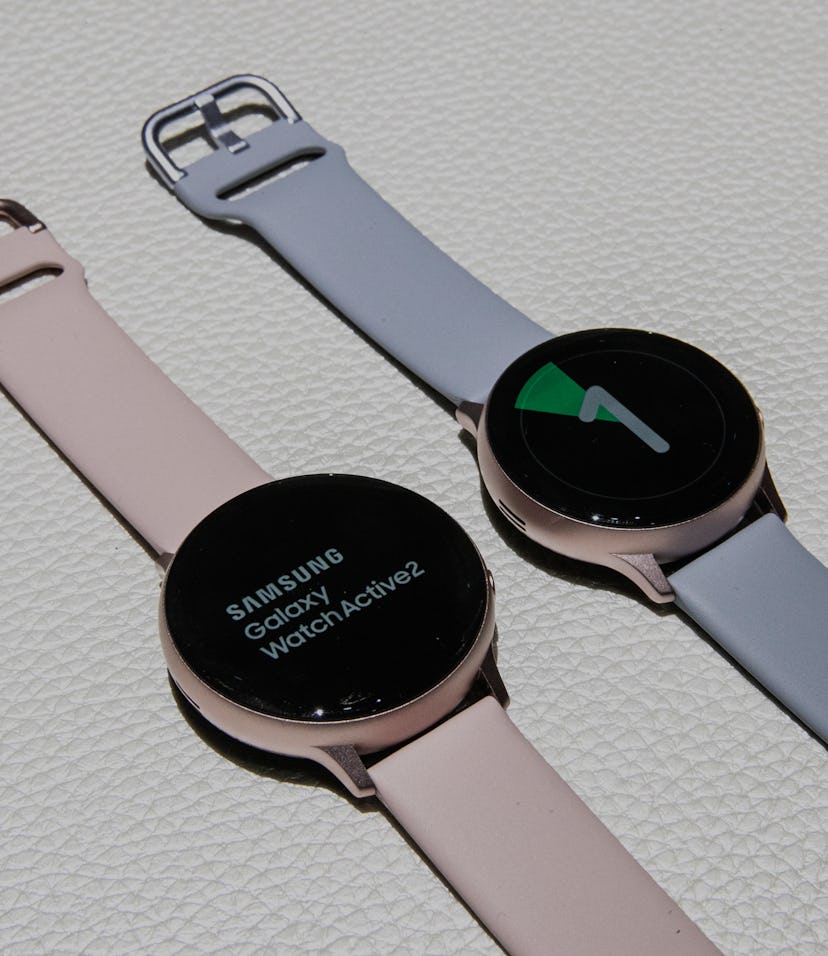Tech
The nearly year-old Samsung Galaxy Watch Active2 is getting a new trick
A software update is adding blood-pressure monitoring to the smartwatch.

Samsung announced today that its Galaxy Watch Active 2 is receiving support for blood pressure monitoring. The company's Health Monitor app received the necessary clearances in South Korea to add the new feature, but it'll need to overcome regulatory hurdles abroad before it can be rolled out anywhere else.
In its press release announcing the update, Samsung spoke about the various risks high blood pressure pose, along with the usual marketing speak about giving users greater insight into their health. But we're more impressed by the fact the company is adding new features to a device that's nearly a year old. That may not seem like a big deal, but in the world of consumer tech, a year is a lifetime. And in the time of coronavirus, sometimes a week feels like a lifetime.
Old dog, new tricks — The caveat here is that users will need a traditional blood monitoring cuff to calibrate the Watch Active 2, and Samsung requires that users repeat calibration every four weeks to ensure accuracy. The Watch Active 2 determines blood pressure by taking the calibrated value and then comparing it against the blood pressure change determined by the watch using its built-in heart rate sensors. That reduces the usefulness of the new feature pretty substantially for regular people, but could still make it useful for those who are already regularly monitoring their blood pressure.
Still, once that's done users can measure their blood pressure anytime by pressing the "Measure" button on their watch. Allowing people to check their blood pressure anytime is convenient, and it's refreshing to see Samsung bring a useful new feature to a somewhat old gadget. That's not something we see in the mobile space nowadays. The Active 2 was well regarded at launch but many reviews pointed out that users couldn't fully take advantage of the built-in health monitors.
A lesson for the rest of them — While Apple has been consistently adding new health features to the Apple Watch with every iteration, other companies like Fitbit could take a page out of Samsung's book. Recent Fitbits, for instance, all include an SPO2 sensor that the company has still to find a use for. It'd be pretty amazing, and a real selling point, if Fitbit could beat Apple to that particular punch. And in the ear of COVID-19, monitoring blood-oxygen levels could be more than just another bullet-point in the marketing materials.